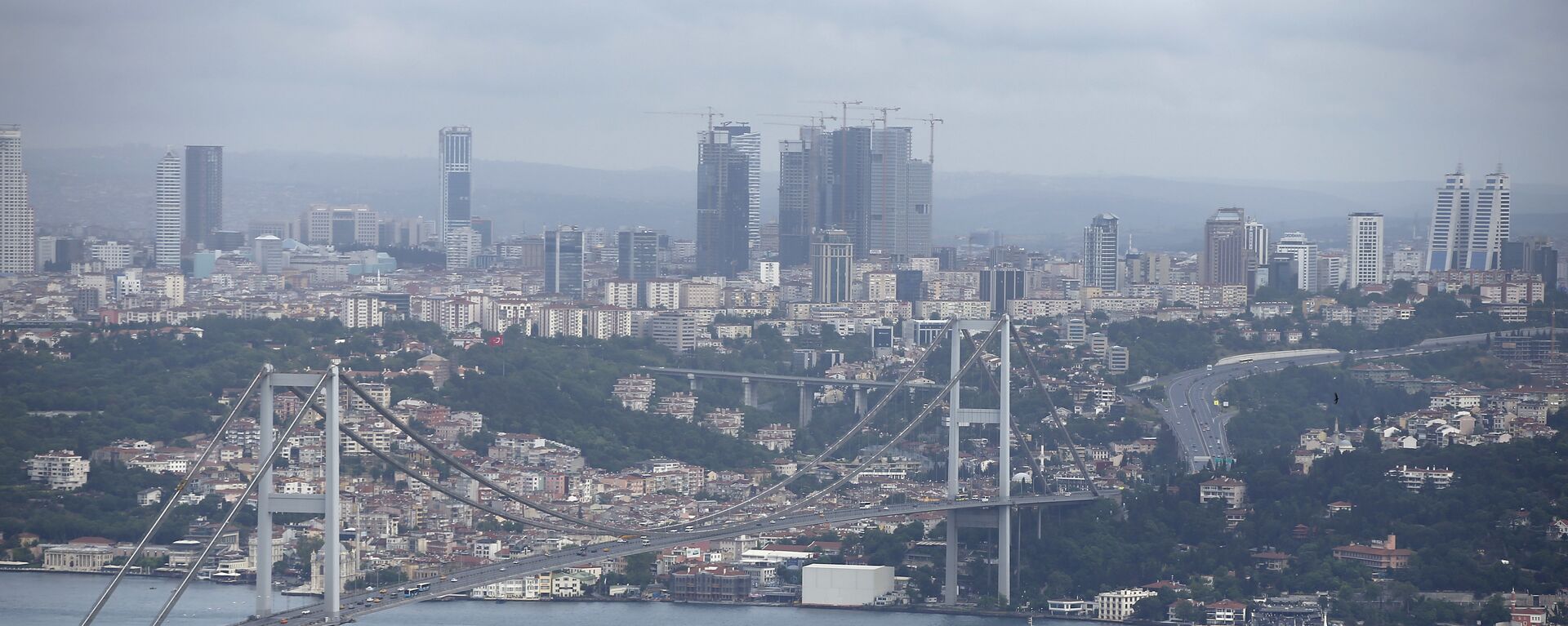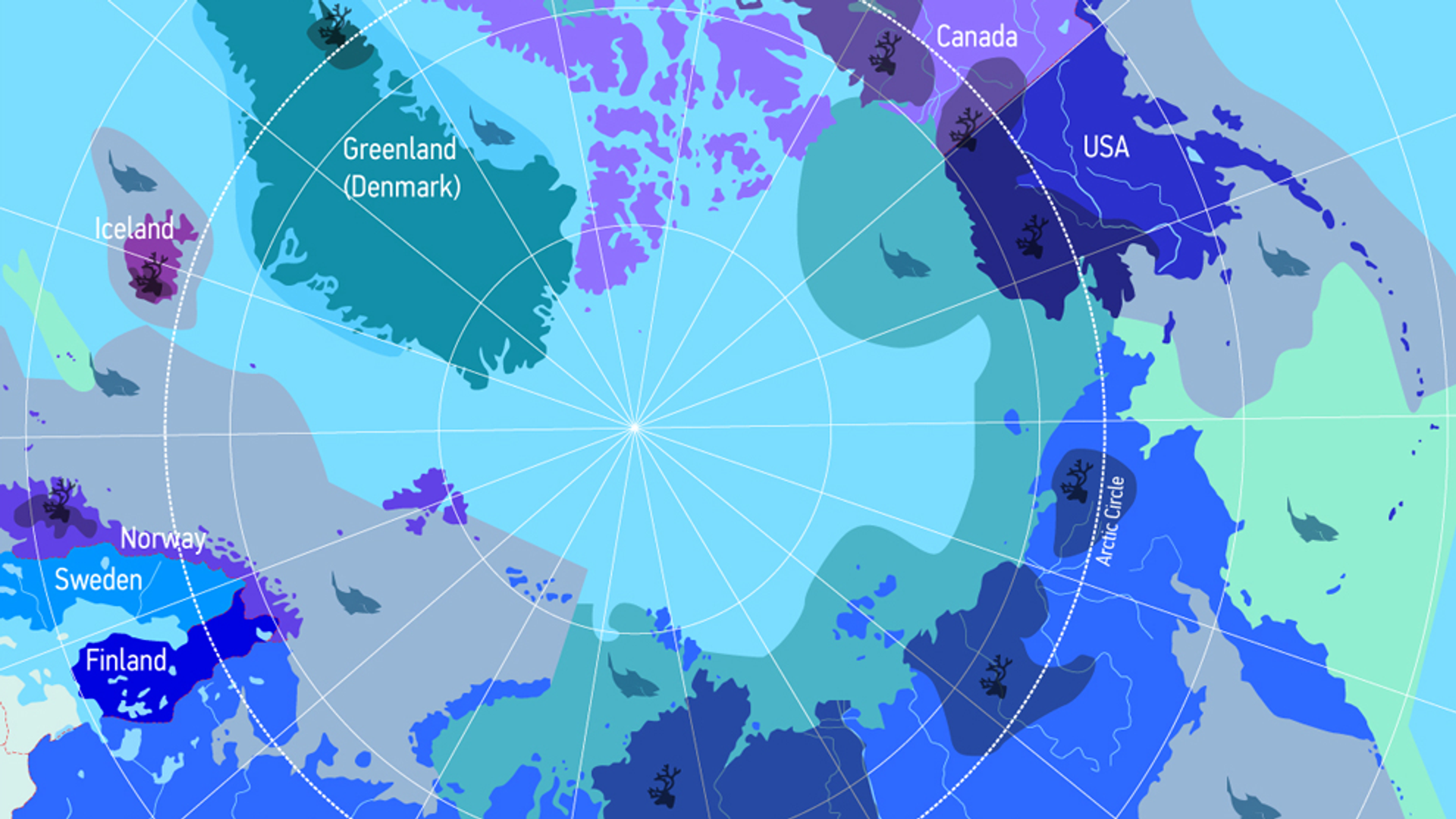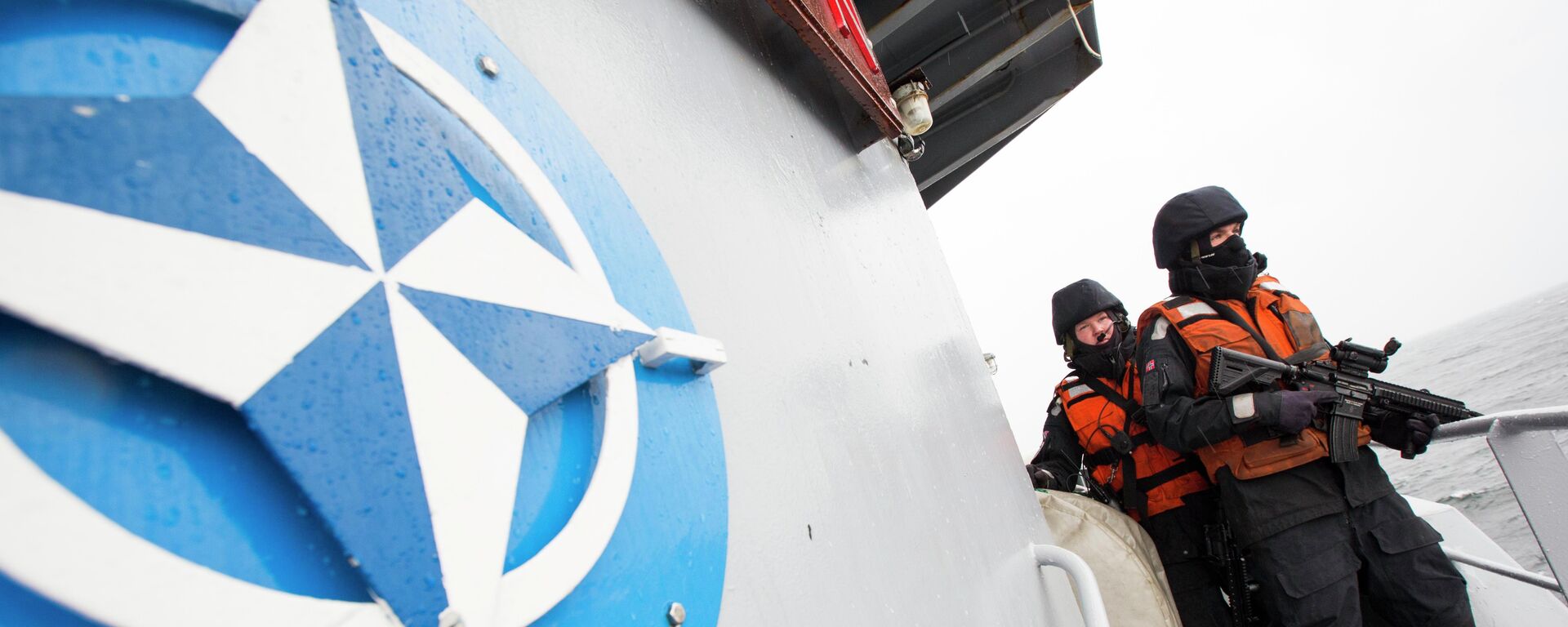https://sputnikglobe.com/20221203/russian-mod-journal-details-what-will-happen-if-nato-expands-into-nordics-1105012367.html
Russian MoD Journal Details What Will Happen if NATO Expands Into Nordics
Russian MoD Journal Details What Will Happen if NATO Expands Into Nordics
Sputnik International
This past spring, Finland and Sweden broke with decades of neutrality by announcing their intent to join NATO, ostensibly in response to Russia’s military... 03.12.2022, Sputnik International
2022-12-03T15:54+0000
2022-12-03T15:54+0000
2023-04-20T12:19+0000
military
arctic
sweden
finland
nato
militarization
russia-nato showdown
https://cdn1.img.sputnikglobe.com/img/105219/37/1052193791_0:97:990:654_1920x0_80_0_0_2e0265e03b99e2b42fa196779cf61cb2.png
Military Thought, the Russian Defense Ministry’s official theoretical journal, has outlined some of the concrete measures the Russian military will be forced to take if and when Finland and Sweden become members of the North Atlantic Treaty Organization.“Although the planned accession of Finland and Sweden into the NATO bloc represents the legal registration of long-established relations, this must be considered as one of the most urgent challenges to the Russian Federation, which will require the adoption of a series of adequate measures,” a paper published in the journal’s December issue indicated.The need for such “adequate measures” is related, first and foremost, to the fact that once the Nordics join the bloc, more than 1,000 km of NATO territory will appear on Russia’s borders, after which the alliance can deploy military equipment, troops, and tactical missile systems there that would threaten the military-industrial and transport infrastructure of Russia’s Arkhangelsk region.Such a shift in the regional balance of forces would ruin decades of trouble-free relations that Moscow and Helsinki enjoyed for decades going back to the post-WWII period, which allowed both countries to limit defense expenditures and force presence along one another’s borders, and to engage in economic and cross-border cooperation.Moscow has expressed concerns over the impact that Finland and Sweden’s entry into NATO would have on regional security. Last week, Foreign Ministry spokeswoman Maria Zakharova warned that their accession could lead to “increased militarization of the Arctic region,” and a consequent “significant increase of tensions and security risks.”Preparing for ProvocationsAlong with the question of Nordic entry into the Western bloc, the Military Thought article addressed the NATO strategy in the Arctic more broadly, characterizing it as an approach meant to “contain” Russia and create security and environmental problems for Moscow.To this end, the journal noted, nations of the Arctic region, “consolidating under the flag of the NATO bloc,” have striven to reduce contacts and cooperation with Moscow, including through the Arctic Council and the Barents Euro-Arctic Council.The article called on the Russian military and the FSB to make preparations for possible provocations by US Navy warships in the waters of the Northern Sea Route – the prospective Russian Arctic trade artery, including via the dumping of oil or other chemically hazardous substances into local waters during so-called "freedom of navigation" deployments in the region, and to then accuse Russia of polluting the local environment.Russia has already readied means to respond to such provocations, including via the “building up of reconnaissance and weapons in the archipelagos and the Arctic coast, increasing the intensity of flights of Russian military aviation and the FSB, establishing the armed tracking of [foreign] ships, and practical actions by forces and means to prevent unauthorized passage through the strait zones in the waters of the Northern Sea Route,” the paper stated.At approximately 5,500 km long, the Northern Sea Route is the shortest sea route between Europe and Asia. Russia has committed significant resources to the transport artery, which it hopes will one day allow sea-based cargoes to be shipped between Europe and Asia in as little as 19 days - 40 to 60 percent faster than via the Suez Canal or round Africa and the Cape of Good Hope. Washington has expressed fervent opposition to the route and Russia’s control of it, and has repeatedly threatened to sail “freedom of navigation” patrols through Russia-claimed waters.
https://sputnikglobe.com/20221201/in-novel-twist-to-nato-saga-sweden-brings-up-criminals-hiding-in-turkey-1104917717.html
https://sputnikglobe.com/20220502/norwegian-company-to-launch-surveillance-satellites-to-keep-an-eye-on-northern-seas-1095194647.html
sweden
finland
Sputnik International
feedback@sputniknews.com
+74956456601
MIA „Rossiya Segodnya“
2022
News
en_EN
Sputnik International
feedback@sputniknews.com
+74956456601
MIA „Rossiya Segodnya“
Sputnik International
feedback@sputniknews.com
+74956456601
MIA „Rossiya Segodnya“
nato, arctic, finland, sweden, militarization, russia, why is nato expanding eastward, why is russia against nato expansion,
nato, arctic, finland, sweden, militarization, russia, why is nato expanding eastward, why is russia against nato expansion,
Russian MoD Journal Details What Will Happen if NATO Expands Into Nordics
15:54 GMT 03.12.2022 (Updated: 12:19 GMT 20.04.2023) This past spring, Finland and Sweden broke with decades of neutrality by announcing their intent to join NATO, ostensibly in response to Russia’s military operation in Ukraine. The accession process has been held up by Turkey over Stockholm and Helsinki’s support for Kurdish fighters Ankara classifies as “terrorists,” and could drag on into 2023.
Military Thought, the Russian Defense Ministry’s official theoretical journal, has outlined some of the concrete measures the Russian military will be forced to take if and when Finland and Sweden become members of the North Atlantic Treaty Organization.
“Although the planned accession of Finland and Sweden into the NATO bloc represents the legal registration of long-established relations, this must be considered as one of the most urgent challenges to the Russian Federation, which will require the adoption of a series of adequate measures,” a paper published in the journal’s
December issue indicated.
The need for such “adequate measures” is related, first and foremost, to the fact that once the Nordics join the bloc, more than 1,000 km of NATO territory will appear on Russia’s borders, after which the alliance can deploy military equipment, troops, and tactical missile systems there that would threaten the military-industrial and transport infrastructure of Russia’s Arkhangelsk region.
Military Thought outlined the measures Russia’s Armed Forces will need to take in response to the emergent threat. “On our part, this will require building up the ground and coastal forces in the northern direction, missile forces and artillery, air defense and aviation, including unmanned aircraft, as well as the planning of strikes using long-range precision weapons against targets in Finland and Sweden,” the article warned.
Such a shift in the regional balance of forces would ruin decades of trouble-free relations that Moscow and Helsinki enjoyed for decades going back to the post-WWII period, which allowed both countries to limit defense expenditures and force presence along one another’s borders, and to
engage in economic and cross-border cooperation.
Moscow has expressed concerns over the impact that Finland and Sweden’s entry into NATO would have on regional security. Last week, Foreign Ministry spokeswoman Maria Zakharova warned that their accession could lead to “increased militarization of the Arctic region,” and a consequent “significant increase of tensions and security risks.”

1 December 2022, 05:31 GMT
Preparing for Provocations
Along with the question of Nordic entry into the Western bloc, the Military Thought article addressed the NATO strategy in the Arctic more broadly, characterizing it as an approach meant to “contain” Russia and create security and environmental problems for Moscow.
To this end, the journal noted, nations of the Arctic region, “consolidating under the flag of the NATO bloc,” have striven to reduce contacts and cooperation with Moscow, including through the Arctic Council and the Barents Euro-Arctic Council.
The article called on the Russian military and the FSB to make preparations for possible provocations by US Navy warships in the waters of the Northern Sea Route – the prospective Russian Arctic trade artery, including via the dumping of oil or other chemically hazardous substances into local waters during so-called "freedom of navigation" deployments in the region, and to then accuse Russia of polluting the local environment.
Russia has already readied means to respond to such provocations, including via the “building up of reconnaissance and weapons in the archipelagos and the Arctic coast, increasing the intensity of flights of Russian military aviation and the FSB, establishing the armed tracking of [foreign] ships, and practical actions by forces and means to prevent unauthorized passage through the strait zones in the waters of the Northern Sea Route,” the paper stated.
At approximately 5,500 km long, the Northern Sea Route is the shortest sea route between Europe and Asia. Russia has committed significant resources to the transport artery, which it hopes will one day allow sea-based cargoes to be shipped between Europe and Asia in as little as 19 days - 40 to 60 percent faster than via the Suez Canal or round Africa and the Cape of Good Hope. Washington has expressed fervent opposition to the route and Russia’s control of it, and has repeatedly threatened to sail “freedom of navigation” patrols through Russia-claimed waters.




